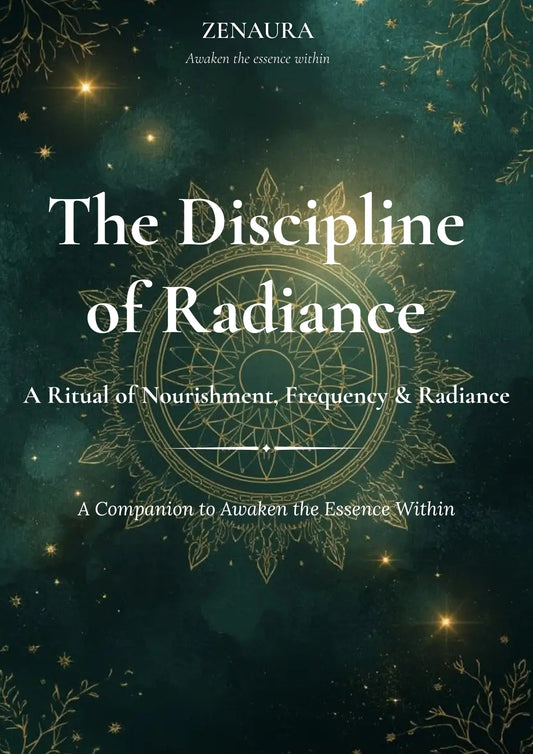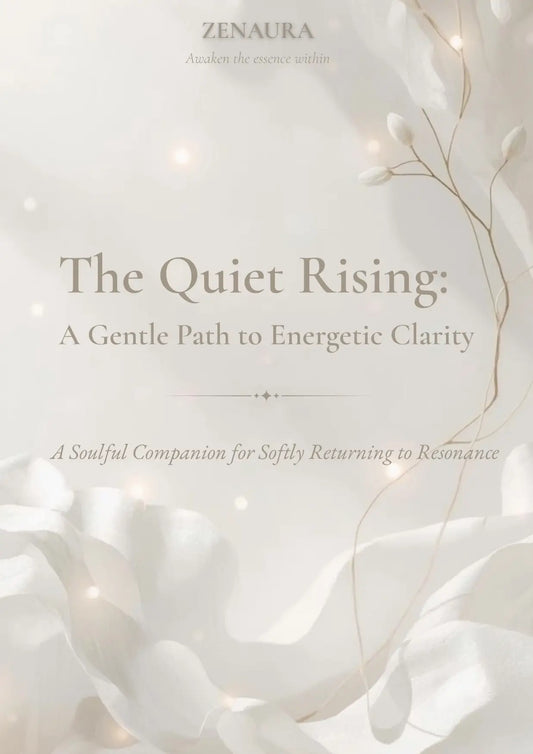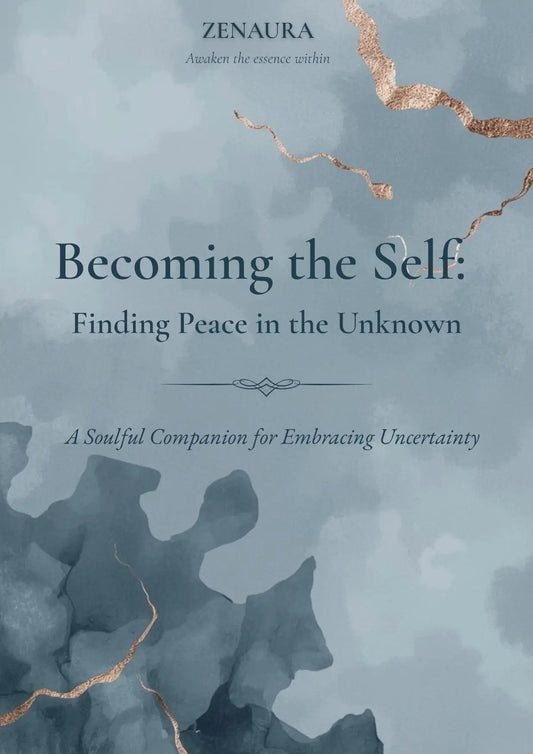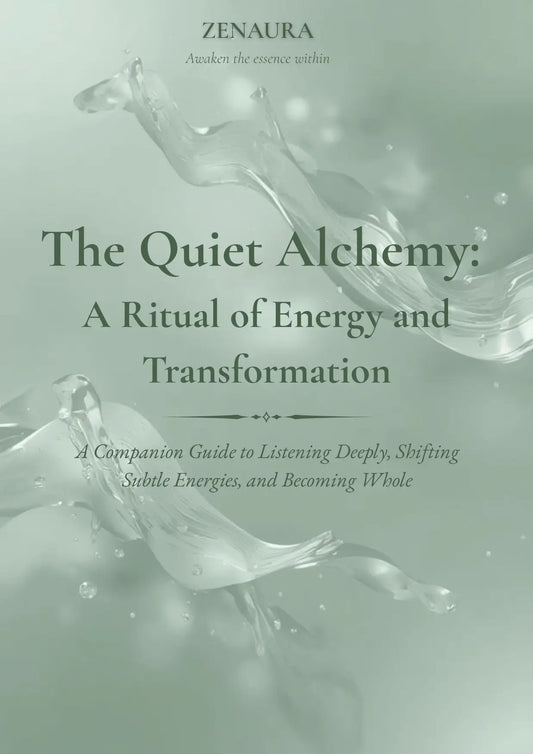
From FOMO to JOMO: Navigating the Shift from Fear to Presence
Life often moves to the rhythm of subtle, unseen currents, quiet forces of the psyche that shape choices, desires, and the ways we connect with the world. These currents rarely announce themselves, yet they shape attention, stir longing, and quietly colour the experience of fulfilment.
Among the most familiar of these currents in modern life are FOMO—the fear of missing out—and its reflective counterpart, JOMO—the joy of missing out.
These are more than cultural buzzwords. FOMO and JOMO reveal how the mind navigates a world brimming with stimuli. Without awareness, it is pulled in every direction, leaping at each alert, invitation, and opportunity. With awareness, it softens into stillness, pauses, and learns to discern what truly matters.
The contrast between FOMO and JOMO reveals two ways of moving through life: one restless, driven by comparison and external validation; the other anchored, guided by intention and presence. The passage from FOMO to JOMO is not about avoidance or retreat. It is about redefining fulfilment—moving from constant novelty and reactive behaviour to resonance, depth, and contentment that endures.
FOMO
FOMO can feel like standing in a crowded train station, each departing train promising connection, adventure, or recognition. The anxious traveller dashes from platform to platform, convinced that missing a single train means missing everything. Every choice carries urgency; every moment feels fleeting.
At its core, FOMO emerges from comparison, scarcity, and the deep human need for belonging. The mind measures self-worth against the visible successes and pleasures of others. A friend’s social post, a colleague’s promotion, or a trending product can spark longing and anxiety long before conscious reflection occurs.
Modern culture magnifies these impulses. Marketing strategies lean on scarcity, social proof, and urgency, while social platforms encourage constant visibility. The mind, attuned to recognition and reward, responds automatically, interpreting absence as loss, rarity as value, and visibility as significance.
FOMO manifests in checking notifications repeatedly, overcommitting socially, or making choices guided by urgency rather than genuine need. It echoes early patterns of seeking approval and fearing exclusion. Like the restless traveller in the station, the FOMO-driven individual moves constantly yet absorbs little, leaving satisfaction just out of reach.
The mind can get caught in a loop, drawn to every notification, yet rarely at rest. Desire and curiosity tug relentlessly, pulling attention toward novelty and the world outside. The more it chases, the more restless it becomes, and even joyful moments can feel shadowed. A lively gathering might carry a whisper of another event, a thought of what is missed rather than what is present. FOMO thrives when the need for external approval eclipses inner awareness, scattering attention and leaving fulfilment just beyond grasp.
JOMO
JOMO, by contrast, is like sitting quietly on a bench in that same crowded station, watching trains arrive and depart without the urge to chase them all. Awareness brings discernment: not every opportunity demands pursuit, not every call for attention requires a response. Each choice is measured, intentional, and aligned with what truly matters.
At its core, JOMO emerges through mindful engagement. The individual notices social cues and cultural prompts, yet they no longer dictate behaviour. Declining a social invitation to rest, resisting a trend to focus on a meaningful project, or choosing solitude to nurture creativity reflects alignment between action and inner priorities.
The joy of missing out is not born from deprivation but from depth and authenticity. Satisfaction arises from experiences that resonate, rather than from abundance, novelty, or visibility. Relationships feel more present, work more meaningful, and life richer, because attention is fully given. The traveller becomes deliberate, boarding only journeys that call with purpose, rather than racing after every passing train.
JOMO is not about doing less, but about living more fully in each chosen path. Where FOMO sprints through endless possibilities, JOMO strolls, attentive and grounded, fostering wellbeing, connection, and lasting contentment.
| To deepen your journey from FOMO to JOMO, explore your Sacred Soul Map — a guide to uncover your unique energy patterns, priorities, and inner alignment, helping you live with presence and intention. |
The World Is Shifting: How to Embrace It
Modern life intensifies the tension between FOMO and JOMO. Social platforms, marketing campaigns, and cultural expectations pull attention in every direction. Notifications, limited-time offers, and curated highlights create urgency, nudging the mind toward constant motion.
Yet awareness is rising. Increasingly, people question whether constant activity and comparison truly lead to fulfilment. A cultural shift toward mindful living, reflective engagement, and intentional decision-making is taking hold. Like a sailor learning to read wind and tide, cultivating conscious awareness allows navigation of life with skill, rather than being swept along by external forces.
Embracing this shift calls for simple, deliberate practices. Pausing before action, noticing the emotional pull of desire, and asking whether a choice serves genuine need or fleeting pressure anchors attention in what truly matters. Mindfulness, journaling, or even a quiet question—“Do I want this because it matters, or because it is hyped?”—guides behaviour toward meaning rather than compulsion.
The move from FOMO to JOMO is both personal and cultural. Individually, it deepens relationships, restores presence, and clarifies priorities. Collectively, it points toward valuing quality, depth, and conscious engagement over endless novelty. Fulfilment becomes less about accumulation and more about absorption, integration, and resonance.
This shift also redefines value. Where FOMO equates visibility and social approval with significance, JOMO aligns worth with relevance to the self, long-term impact, and inner coherence. Life transforms into deliberate curation rather than frantic collection, conscious navigation rather than compulsive chasing.
A life guided by JOMO strengthens attention, quiets impulsivity, and softens the pull of social comparison. The mind becomes a tool of intention, capable of discerning meaningful paths amid the constant flow of modern life. Presence replaces anxiety, reflection replaces reaction, and joy arises not from fleeting novelty, but from the richness of intentional living.






